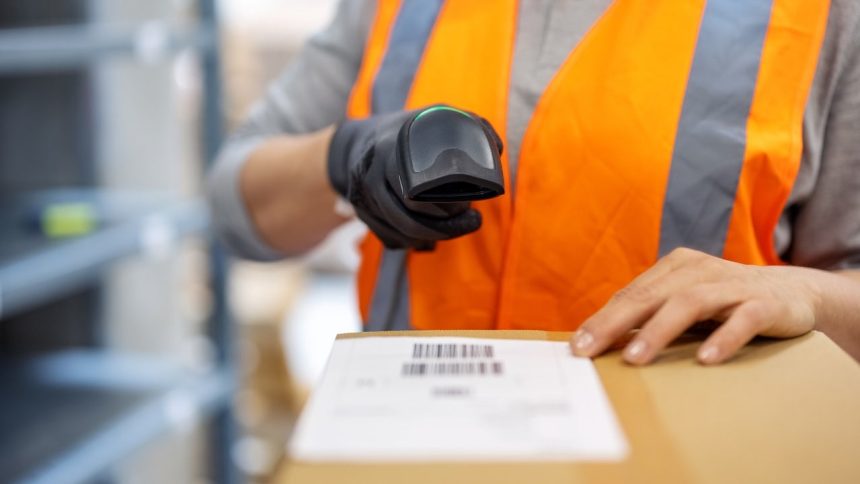Luis Alvarez/Getty Images
Kristen Allen, the founder of Exclusively Kristen, a women’s clothing company, had recently moved to Hong Kong to more closely monitor the distribution of goods from her warehouse. But after heading to the post office to fulfill her first order, she was told that Hong Kong had suspended outbound shipments to the United States.
Hong Kong, along with a recent wave of over 30 countries that have suspended shipments to the U.S., is responding to an executive order that ended the De Minimis Tax Exemption, a bipartisan law that allowed for packages valued at $800 or less to pass through United States customs duty and tax free. Originally set to expire at the end of July, 2027, an executive order issued by President Trump suspended the law on Friday, Aug. 29.
This exemption allowed for affordable goods to reach all Americans, including and especially low-income families, and was also crucial to the operations of many U.S. small businesses that source from overseas. The ensuing confusion around new regulations has resulted in the suspension of postal service to the U.S. from several countries.
If your business has been impacted, here’s what you need to know.
What does this mean for small businesses?
In addition to the costs on previously exempted shipments, these temporary suspensions may halt the inventory supply of certain small businesses, or add more shipping costs for companies that choose to use private shipping services, which can add up to $50 per shipment.
The abruptness of the executive order puts added pressure on small businesses that don’t have the runway to adapt to changes as quickly as larger corporations. “Small businesses are hit hardest because we lack the buffers of large companies,” says Allen. “Tariffs, shipping suspensions, and logistics disruptions collectively force us to either absorb the costs, risking profitability, or pass them to consumers, risking sales.”
On a hopeful note, Patrick Reily, co-founder of Uplinq, a credit scoring and assessment platform for small business owners, notes that the fallout from these disruptions will likely be temporary, and could lead to a more effective and efficient law. “I suspect the moment will serve as a pivot point for improving the program in ways that reduce the scale of abuses,” he says.
Which industries will be impacted?
The exemption will likely be most disruptive to small e-commerce retailers that are domestically operated, but reach their customers through platforms like Amazon, Etsy, Ebay or Shopify, according to Ben Johnston, CEO of Kapitus, a small business lending platform and marketplace. American manufacturers that source component parts from overseas could also be impacted negatively. And indirectly, private shipping and logistics companies may now face increased processing workloads, adding to the cost and delivery times for other small businesses, says Johnston.
Conversely, Johnston says, “domestic manufacturers should benefit from less competition and the ability to achieve pricing power in a market that, for many de minimis impacted products, has become uneconomic to produce in the United States.”
What can small business owners do?
For those who are affected by the suspension of postal services, temporary and immediate solutions may include utilizing commercial carriers like FedEx or DHL, purchasing products in bulk if possible and raising prices to offset higher shipping costs. If that’s the case, Allen suggests “communicating transparently with customers about delays and cost adjustments to maintain trust.”
Longer term, businesses may consider whether it’s possible to source goods domestically, and how that would affect their bottom line. If it’s not possible to source in the U.S., Allen suggests looking for distribution centers in regions that have been unaffected by the changing laws.
Why we ask for feedback
Your feedback helps us improve our content and services. It takes less than a minute to
complete.
Your responses are anonymous and will only be used for improving our website.
Help us improve our content
Read the full article here
















